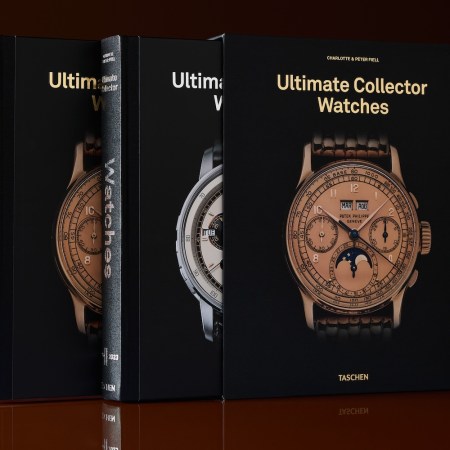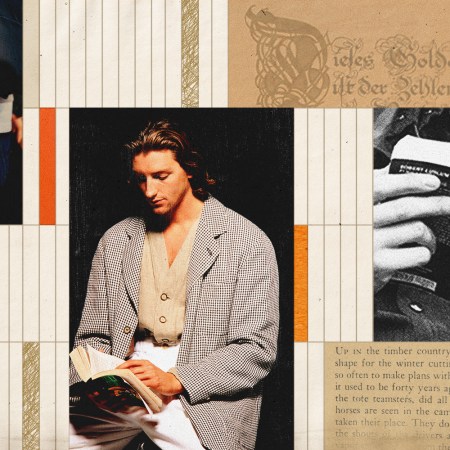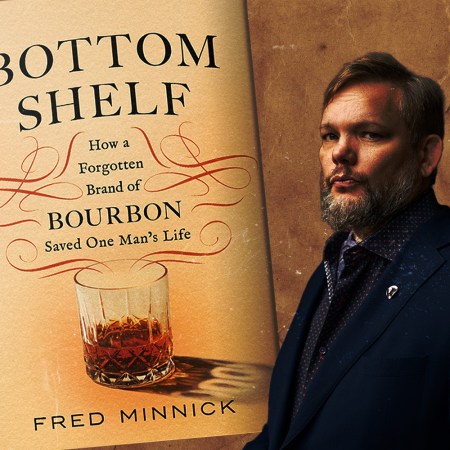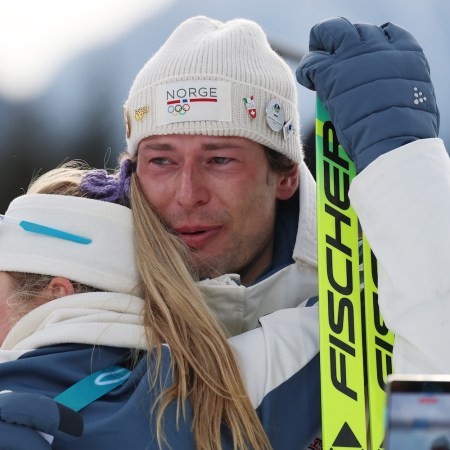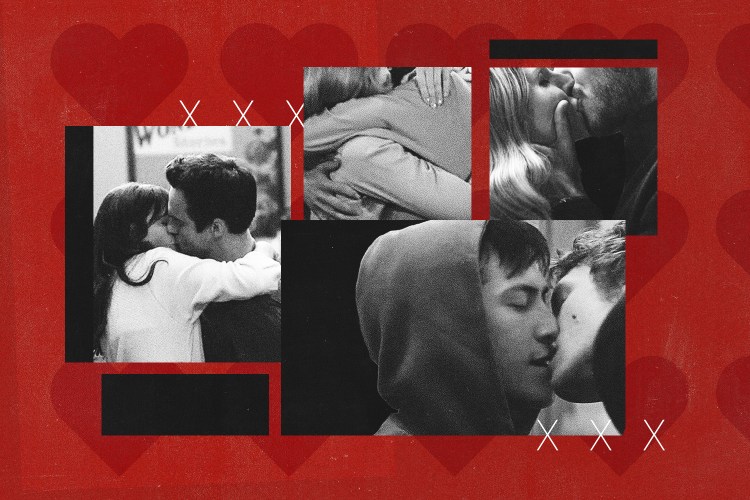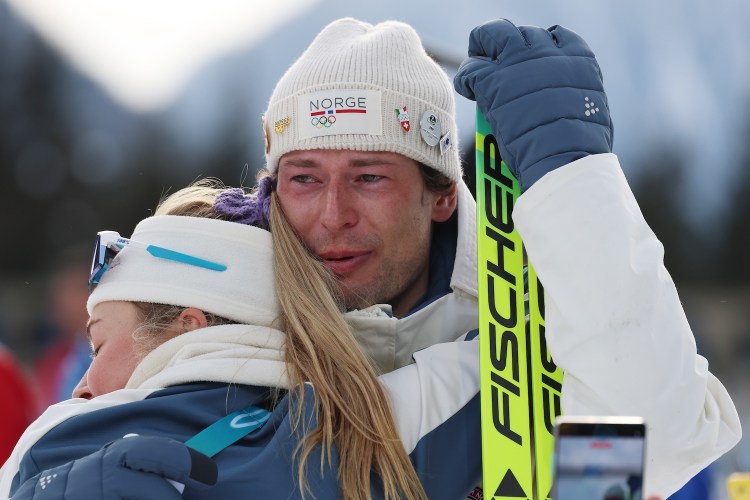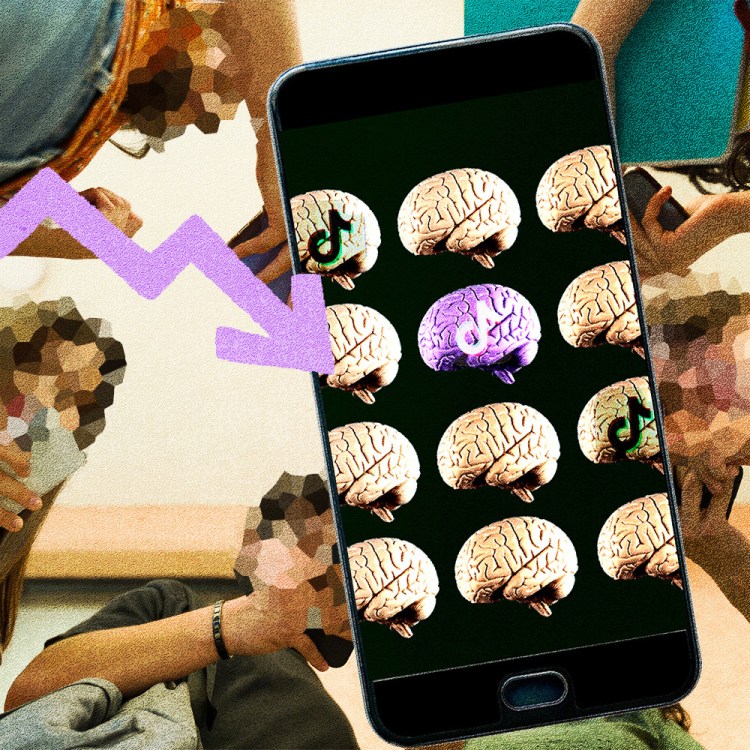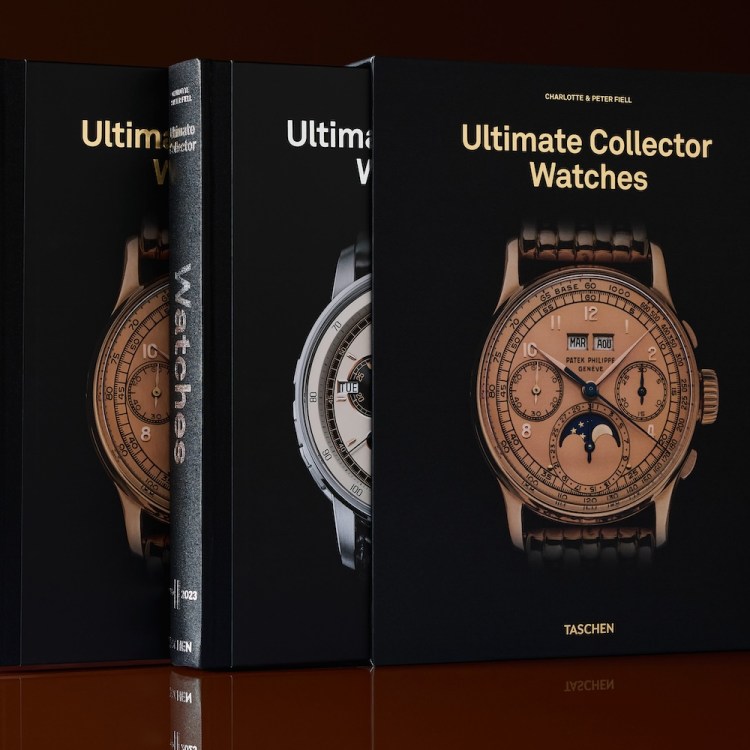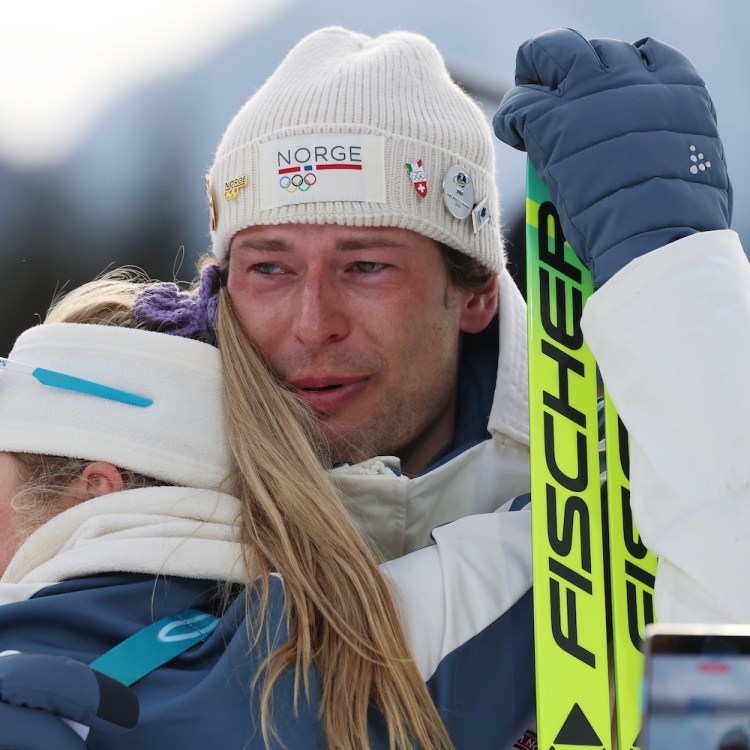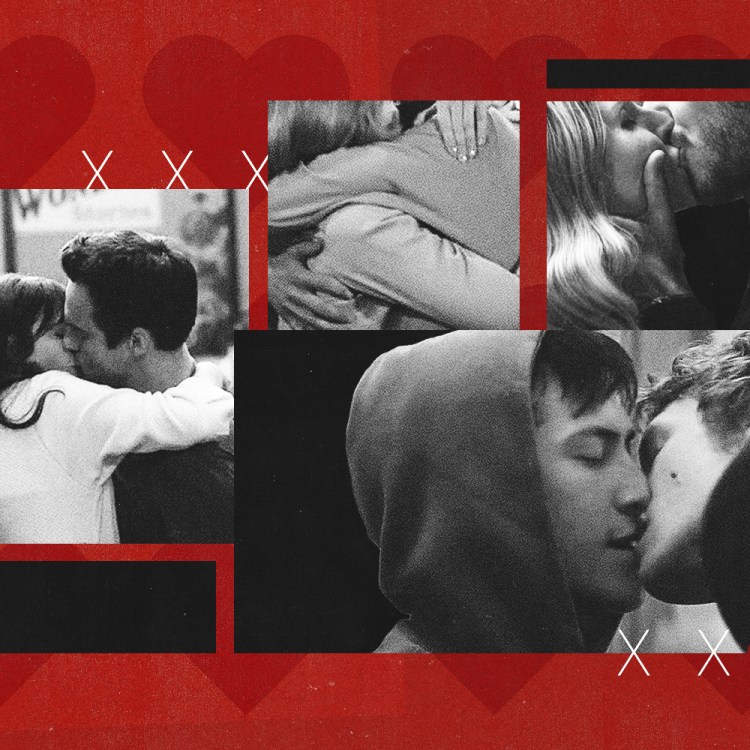In New York, they talk fast. In the South, they talk slow. In California, they talk about Kardashians.
But when it comes to speech patterns, we Midwesterners are as ordinary as they come, right?
Not quite.
In his delightful new book, How To Speak Midwestern, Edward McClelland argues that the dialect of the Midwest (which he defines as “west of exit 41 on the New York State Thruway, east of the Missouri River, and north of the Ohio River”) is one of the country’s most linguistically significant.
Given all the recent talk of “bubbles” and “coastal elites,” you might intuit that the book is a political one. But it’s not. Rather, it’s a long-overdue study of the middle-American vernacular, and how that vernacular informs our identity. At its heaviest, the book is a socio-economic treatise worthy of a university library; at its lightest, it’s a regionally specific Urban Dictionary.
Below, a few of our favorite Chicago-born words and phrases, straight from McClleland’s book — along with a few trusty takeaways on how to better tune your ears to the language of Chicago.
Vocations play a major role in how we speak.
Generally, working-class people have the strongest accents native to their region. The same goes for Chicago, and the classic “Chicago accent” in particular. “I think when Chicago was more of an industrial city, the accent was more prevalent,” he explains. “But now I think it depends on your occupation. Chicago has changed so much in the last 30 or 40 years. It used to be such an industrial city, so there are just fewer people [now] who fit that description. They’re a smaller portion of the population. Maybe 15 percent of people speak in what you call the classic Chicago accent. If you’re a cop, it might help: it might make you sound like a tough guy. But if you’re a doctor someone might go, ‘Well, how educated is this person?’”
You’re bound to hear the Chicago accent more in small neighborhoods and suburbs than Downtown.
As cities become more diverse, the native accent often gets subsumed, especially in densely populated areas. The surrounding neighborhoods, however, tend to maintain the region’s native accent. McClelland says the Chicago accent is more typical among “people who don’t have to have a lot of contact with people outside the area. And generally it’s someone who has roots in Chicago for several generations. You certainly hear it in some of the neighborhoods on the Northwest Side and the Southwest side. There’s maybe five aldermen who have what you call a classic Chicago accent, and they’re all from areas like Melrose Park, Norwood Park, Mount Greenwood, Beverly, Bridgeport.”
Don’t expect the Chicago accent to remain the same for long.
“One thing I learned from researching this is that accents are always changing,” McClelland says. “Speech is always changing.” The classic Chicago accent, he says, was most prevalent among the World War II and Baby Boomer generations. “Every generation has its own sound, just like every generation has its own music and slang. But fixating on a particular way of speech and saying, This is integral to our identity, is bound to slip away. Younger people are always going to talk differently than an older generation.”
Bars are often the best place to uncover local accents.
While researching his book, McClelland visited countless bars in the Chicago area. Why? It’s often where you can best hear a local area’s native tongue. “I went to Beverly earlier this fall and watched a Bears game in a tavern called Wrong’s Tap and all the older guys there had the classic accent. The score of the game was 10-13, so I asked, ‘What’s the square for that quarter?’ The guy said, ‘Ciro and Tree.’ I also actually did a lot of research in Big 10 bars in Chicago. I got a lot of really interesting stuff there.”
Translation: if you want to speak proper Chicagoan, read this book and visit more dive bars.
Challenge accepted.
This article was featured in the InsideHook Chicago newsletter. Sign up now for more from the Windy City.

